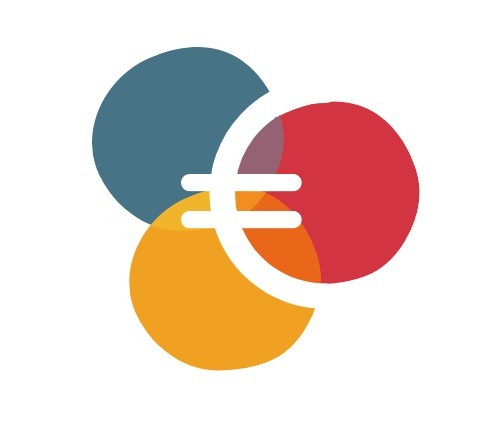
Delierable 3.2: Monetary and Social valuation
Summary
Ecosystems provide important commodities and environmental benefits to society. As such, the management of ecosystems is an economic, social and political issue encompassing all sectors of an economy. It involves trade-offs between competing uses and users, as well as between additional economic growth, ecosystem protection, and further natural resource depletion and degradation. Any particular use of ecosystems has its opportunity costs, consisting of the foregone benefits from possible alternative uses of the resource. Striking a balance in the trade-offs between economic growth and ecosystem resource use possibly leading to their degradation and depletion is crucial for the sustainable management of our natural resources. Economic valuation contributes to an improved natural resource allocation by informing decision-makers on the full social costs of ecosystem exploitation and the full social benefits of the goods and services that healthy ecosystems provide.
Many pieces of information and data are needed for calculating the total welfare effects of changes in ecosystem services. Moreover, many issues need to be addressed to prevent over- or underestimation. In this deliverable the emphasis is on economic valuation, and it aims to achieve three goals: (1) to give an overview of monetary (and non-monetary) valuation methods, (2) to provide insight into recent developments in monetary valuation, and (3) to provide an overview of developments in natural capital and ecosystem service accounting.
The outline of the deliverable is as follows. Chapter 2 presents a review and assessment of economic valuation methods. In order to recognise that are many policy contexts and decision support systems and tools, and to take account of the notion that economic valuation may not be possible or suitable in all situations, Chapter 3 discusses innovative non-monetary methods for measuring socio-cultural values. Chapter 4 contains several contributions on developments in monetary valuation and valuation methods. Chapter 5 discusses the structure and characteristics of a recently developed integrated ecosystem service assessment model. It furthermore presents results of an application of this model in the Scottish national exemplar. Chapter 6 provides an overview of developments in natural capital and ecosystem service accounting. Finally, Chapter 7 discusses relevant further research on the topics addressed in this deliverable, with a focus on research planned within the OPERAs project.
To view the deliverable click here
